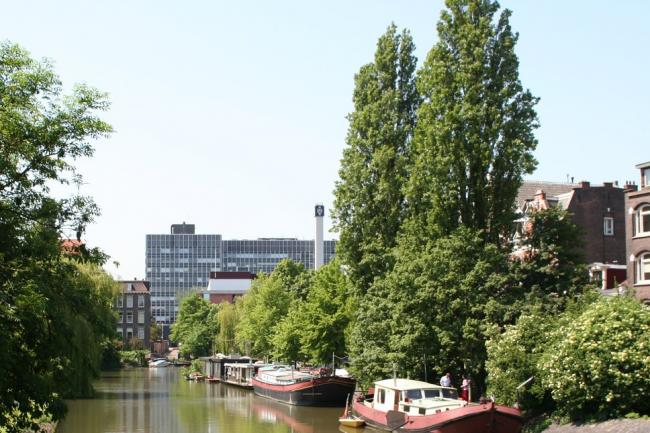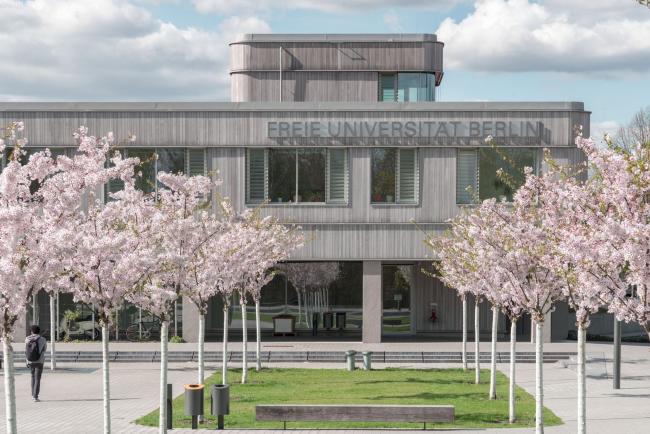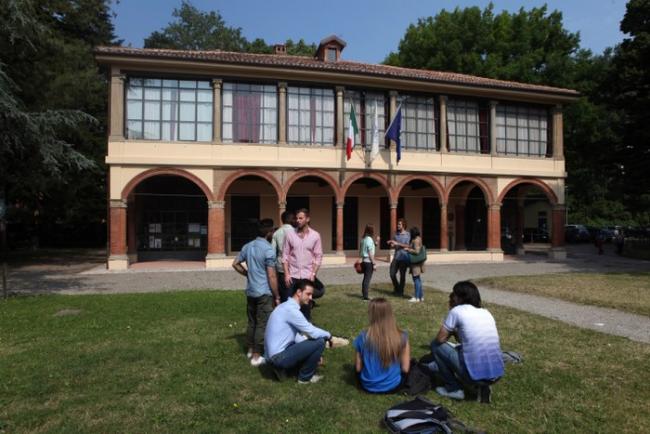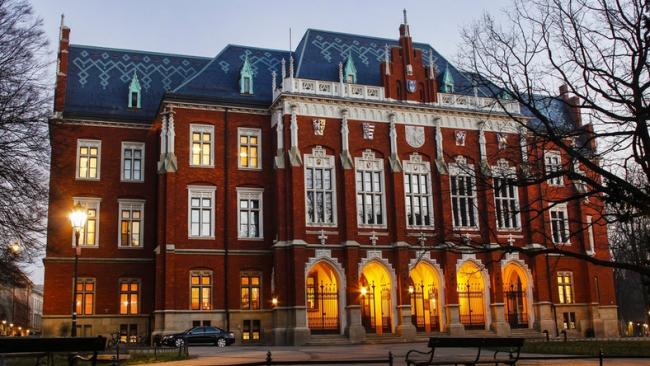
The TICKET Consortium comprises 7 partner universities: University of Edinburgh, Universiteit van Amsterdam, Freie Universität Berlin, Alma Mater Studiorum Università di Bologna, KU Leuven, Universidad de Granada, and Uniwersytet Jagielloński w Krakowie.
There are also three associate partners: the Coimbra Group network, European University Foundation and Complutense University of Madrid.

Universiteit van Amsterdam
The University of Amsterdam (UvA) is one of the world’s intellectual hubs, a modern comprehensive research university with a long and rich history dating back to 1632. It has a leading international reputation and is firmly rooted in the culturally diverse city of Amsterdam. The university scores highly in various international rankings, it is ranked within the top 20 universities in Europe and the top 100 worldwide. With 6,000 staff members, 34,000 students including over 5,000 international students representing a hundred different nationalities, UvA is connected…

Freie Universität Berlin
Freie Universität Berlin was founded in 1948 by professors and students, in response to the persecution faced by students who took a critical eye of the system at Universität Unter den Linden, at that time located in the Soviet sector of the divided city. The idea of founding a free university found widespread support in the international community. This outpouring of aid helped pave the way for Freie Universität to become a university with an outstanding international reputation. The principles of freedom and internationality have guided the university’s…

Alma Mater Studiorum Università di Bologna
The Alma Mater Studiorum – Università di Bologna, the oldest university in the Western world, paves the way for innovation through an increasingly rich programme catalogue, cutting-edge research, a constant and increasingly broad international perspective and a strong third mission. Since it was founded 1088, the Alma Mater Studiorum has been student-centred, hosting prominent figures from the science and arts communities. With five campuses (Bologna, Cesena, Forlì, Ravenna, Rimini) and a branch in Buenos Aires, it offers a…

The University of Edinburgh
The University of Edinburgh (UoE), founded in 1582, is the 6th oldest in the English-speaking world and boasts a long tradition of international collaborations and partnerships. It is a comprehensive research university with charity status founded in 1583 with approx. 41,000 students, 7,100 academics, 7,500 administrative and support staff. Its 3 Colleges and 20 Schools offer a variety of undergraduate, Masters, and doctoral programmes covering all fields of knowledge. The university is deeply embedded in the fabric of the city of Edinburgh, with many of the…

KU Leuven
Founded in 1425, KU Leuven has been a centre of learning for almost six centuries. Today, it is Belgium’s highest-ranked university, as well as one of the oldest and most renowned universities in Europe. KU Leuven is a leading European Research University and co-founder of the League of European Research Universities (LERU). The university offers a wide variety of internationally oriented programmes. These programmes are supported by high-quality interdisciplinary research conducted at both the university and its internationally…

Universidad de Granada
The University of Granada is a public comprehensive research university located in the city of Granada, Spain, founded in 1531. With over 55,000 undergraduate and postgraduate students and 6,000 staff members, the UGR has a powerful presence in a city of 240,000 inhabitants. Its role as leader in incoming and outgoing student and staff mobility in European and international programmes, and its attractiveness for international students and researchers, make for multicultural campus life and a lively cosmopolitan setting. The UGR is currently ranked 3rd in Spain…

Uniwersytet Jagielloński w Krakowie
The Jagiellonian University is the oldest higher education institution in Poland and one of the oldest in Europe. It was founded on 12 May 1364 by the Polish king Casimir the Great. The development of the University has been inextricably bound with the turbulent and often tragic history of Poland. The institution managed to survive both the partitions of Poland by Russia, Prussia and Austria, and the two world wars, serving as a guardian of Polish culture and identity and educating successive generations of Poles, as well as members…
